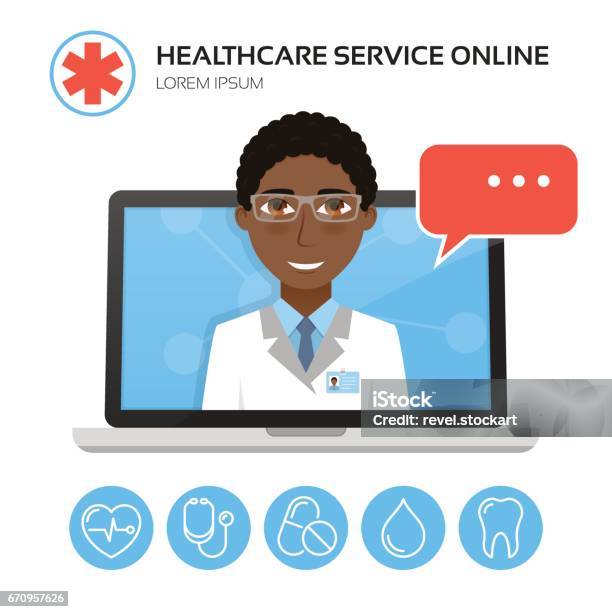Why Subscription Based Healthcare is Acquiring Appeal Among Patients Today
Why Subscription Based Healthcare is Acquiring Appeal Among Patients Today
Blog Article
The Increase of Subscription-Based Health Care and Its Effect On Person Treatment
As healthcare progresses, the subscription-based version is gaining traction, assuring to reinvent person care by offering predictability and availability. The possibility for these models to reshape health care distribution elevates pushing inquiries about their lasting sustainability and inclusivity. Are these registration solutions the future of healthcare, or do they run the risk of leaving vulnerable populaces behind?
Comprehending Subscription Health Care Designs
Understanding the idea of membership health care designs entails taking a look at a transformative method to medical solutions that highlights affordability and access. These versions, frequently referred to as straight main treatment (DPC) or concierge medicine, have actually become cutting-edge alternatives to conventional fee-for-service medical care systems. Subscription healthcare allows patients to pay a set month-to-month or annual fee for a defined set of clinical services, which may consist of unlimited workplace sees, regular examinations, and fundamental laboratory examinations, without the demand for typical insurance policy invoicing.
The framework of subscription healthcare designs is created to improve client treatment by eliminating third-party payers and intricate payment codes, consequently lowering administrative worries. Healthcare companies can focus extra on person care, fostering stronger patient-provider relationships. This version likewise promotes preventative treatment by urging normal sees, as the financial barrier of per-visit charges is removed.
The subscription model frequently empowers healthcare companies to handle smaller patient panels, allowing for even more tailored treatment. It aligns financial incentives with person health and wellness end results, as carriers are inspired to preserve patient satisfaction and well-being. On the whole, understanding registration health care models calls for recognizing their possible to reshape how treatment is provided and accessed.
Advantages for People and Suppliers

For carriers, subscription-based models provide the chance to strengthen patient-provider partnerships. With a constant revenue stream, healthcare experts can devote even more time to every individual, causing a much more customized and detailed care experience. This design likewise reduces reliance on high client quantities, minimizing fatigue and enhancing job complete satisfaction. The focus on preventative care within subscription plans can lead to far better individual outcomes and lowered lasting healthcare expenses. By concentrating on continual treatment, companies can attend to concerns before they intensify, ultimately benefiting the medical care system all at once by reducing the problem on emergency and severe care solutions.
Obstacles and Issues
While subscription-based medical care models existing countless benefits, they likewise feature a collection of difficulties and worries that must be attended to. Initially, accessibility stays a significant problem, as these versions often target people that can pay for monthly fees, potentially omitting low-income populaces. This increases honest concerns concerning fair accessibility to weblink medical care solutions. In addition, the diverse nature of subscription plans can result in complication find amongst people regarding protection specifics, possibly leading to unmet assumptions or insufficient care.
Financial sustainability of subscription-based designs is another concern. Suppliers need to balance the fixed revenue from registrations with the variable prices of health care services, which may change as a result of unexpected clinical demands. This can produce stress to restrict services or rise costs, potentially impacting person satisfaction and care quality.
Furthermore, governing oversight of subscription-based health care models is still evolving. The lack of standardized structures can result in irregular service top quality and responsibility, complicating initiatives to guarantee person security. Lastly, the assimilation of innovation-- often a keystone of these models-- elevates concerns concerning data personal privacy and safety, as delicate client details might be vulnerable to violations. Addressing these challenges is critical for the successful and equitable execution of subscription-based healthcare.
Effect On Patient-Doctor Relationships
One significant effect of subscription-based healthcare designs on patient-doctor connections is the possibility for boosted connection and individualized treatment. By taking on a subscription model, physicians can manage a smaller patient panel, allowing for more specialized time with each person. This boosted accessibility cultivates a deeper understanding of an individual's clinical history, way of living, and choices, allowing more customized treatment plans and interventions.

However, it is important to acknowledge that while subscription-based versions might benefit those that can afford them, they can accidentally widen medical care differences. Clients that are not able to join these versions may experience reduced accessibility to customized care, potentially impacting their partnerships with doctor. Thus, while the registration design offers appealing advantages for patient-doctor partnerships, it also postures challenges that require to be addressed to make sure equitable health care access.
Future of Healthcare Gain Access To

The function of technology can not be neglected in this transformation. Telemedicine systems and digital wellness records help with seamless interaction in between clients and doctor, breaking down geographical and logistical obstacles. Furthermore, improvements in expert system and data analytics can even more individualize healthcare by anticipating individual requirements and maximizing treatment strategies.
Nonetheless, the future of healthcare gain access to likewise presents obstacles, such as making sure equity throughout different socio-economic groups. Policymakers and doctor should work together to connect the electronic divide, ensuring that subscription-based models continue to be comprehensive and budget friendly. As these systems mature, they hold the pledge of making healthcare more obtainable, effective, and patient-centric.
Final Thought
Subscription-based medical care models are reshaping patient care by offering a secure expense framework and improving availability. The rise of subscription-based medical care encourages positive client interaction, which has the prospective to boost individual end results and complete satisfaction, signifying a transformative change in healthcare distribution.
As health care develops, the subscription-based version is obtaining grip, promising to reinvent person treatment by using predictability and access.Subscription-based health care designs provide distinct benefits for both service providers and patients, boosting the total health care experience.As health care systems advance, the future of health care gain access to regularly pivots on the assimilation of innovative models and innovations.Subscription-based health care models are improving client care by giving a stable cost structure and improving accessibility. The rise of subscription-based healthcare urges positive patient interaction, which has the potential to enhance person outcomes and complete satisfaction, indicating a transformative shift in medical care shipment.
Report this page